I have always been fascinated by the world of card memorabilia, and as a passionate collector myself, I understand the joy and thrill of discovering rare and valuable pieces. In this ultimate guide, I will share my knowledge and expertise on collecting card memorabilia, offering insights on how to start, where to find the best treasures, and how to take care of your priceless collection. Whether you are a seasoned collector or just starting out, join me on this exciting journey as we explore the enchanting world of card memorabilia.
Understanding Card Memorabilia
What is card memorabilia?
Card memorabilia refers to collectible items that are related to trading cards, sports cards, and other types of cards. These items can include autographed cards, game-used memorabilia cards, rookie cards, promo cards, limited edition cards, and more. Card memorabilia is highly valued among collectors due to its rarity, historical significance, and connection to popular sports and entertainment figures.
Types of card memorabilia
There are various types of card memorabilia that collectors can choose to focus on. Some of the most popular categories include sports cards, trading cards, rookie cards, game-used memorabilia cards, autographed cards, promo cards, non-sports cards, vintage cards, limited edition cards, and insert cards. Each category offers unique elements that can appeal to different collectors’ interests.
Popularity of collecting card memorabilia
Collecting card memorabilia has become increasingly popular over the years. The thrill of finding rare items, the nostalgia associated with certain cards, and the potential financial value of collectibles all contribute to the growing popularity. Card memorabilia also provides fans with a tangible connection to their favorite sports teams, players, movies, and television shows. The ease of access to online platforms has made it easier for collectors to connect, trade, and buy card memorabilia, further fueling the hobby’s popularity.
Getting Started
Determining your interests
Before diving into the world of card memorabilia collecting, it’s important to determine your interests. Consider the types of cards or specific themes that appeal to you the most. Whether you’re a sports enthusiast, a movie buff, or a fan of a particular television show, finding a niche that resonates with you will make collecting more enjoyable.
Setting a budget
Setting a budget is essential when starting any hobby, and card collecting is no exception. Determine how much you are willing to spend on card memorabilia and stick to that budget. It’s important to strike a balance between affordability and the value of the items you’re interested in. Remember, card collecting is a long-term investment, so it’s important to be financially responsible.
Finding reputable sellers
When starting your card memorabilia collection, it’s crucial to find reputable sellers. Look for established online marketplaces, auction houses, and card shops with positive reviews. Seek out sellers who have a track record of offering authentic and high-quality memorabilia. Joining online card-collecting communities and forums can also provide valuable insights and recommendations on trusted sellers.
Establishing a storage system
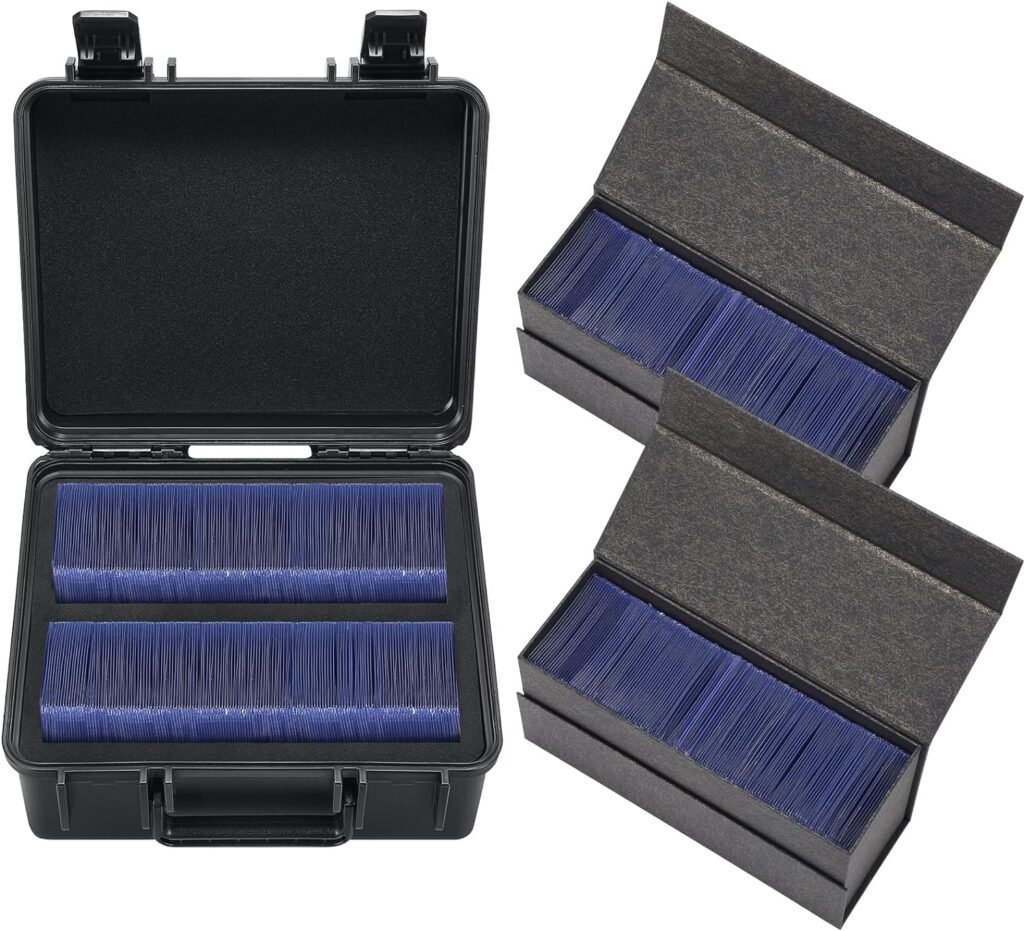
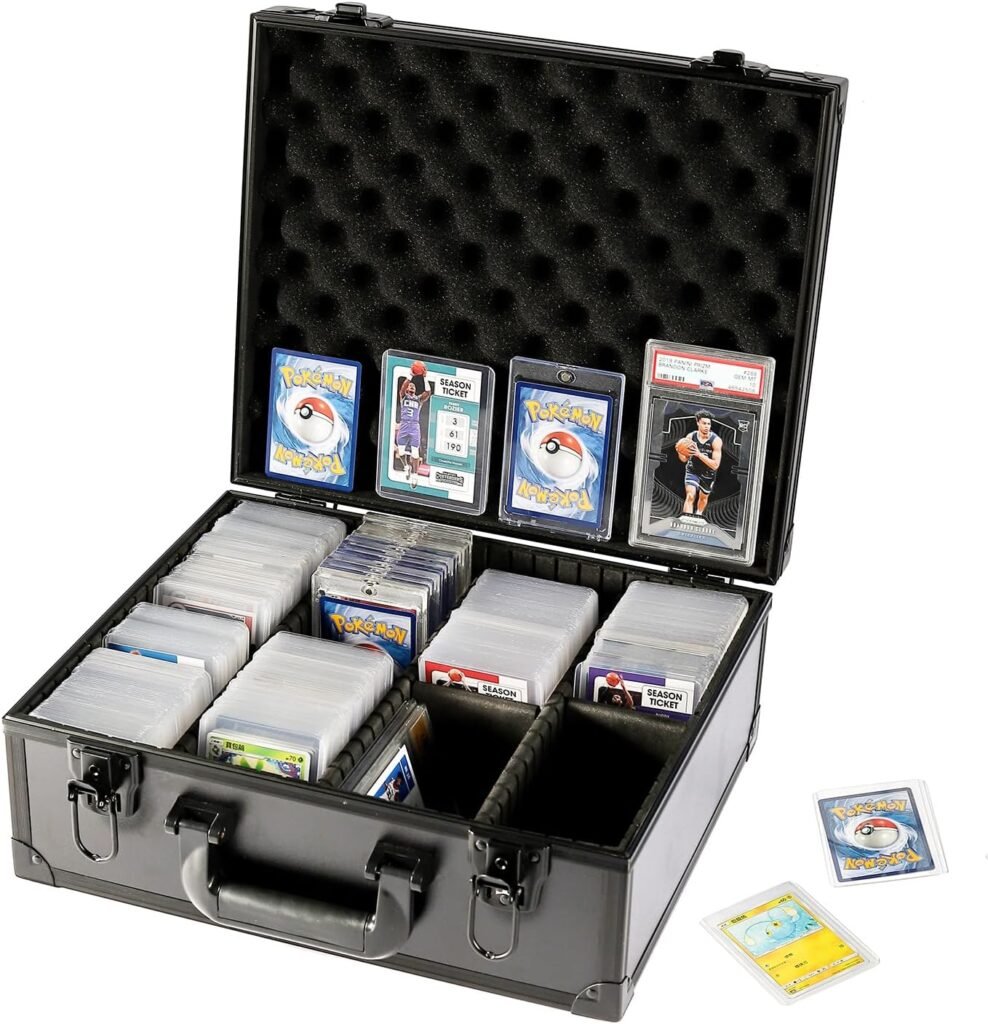
Once you begin collecting card memorabilia, it’s important to establish a storage system to keep your collection organized and well-preserved. Consider investing in proper protective sleeves, card holders, binders, or cases that are designed specifically for storing cards. These storage options will help protect your collection from damage, such as scratches, dust, and moisture.
Different Card Memorabilia Categories
Sports cards
Sports cards are some of the most popular card memorabilia items. These cards feature professional athletes from various sports, including baseball, basketball, football, soccer, and more. Sports cards often depict players in action or showcase their official team photos, making them highly sought after by fans and collectors.
Trading cards
Trading cards encompass a wide range of themes, from popular movies and TV shows to video games and comic books. These cards are designed for collecting and trading among enthusiasts. Trading cards often feature characters, scenes, or artwork from the respective franchise, making them appealing to fans and collectors alike.
Rookie cards
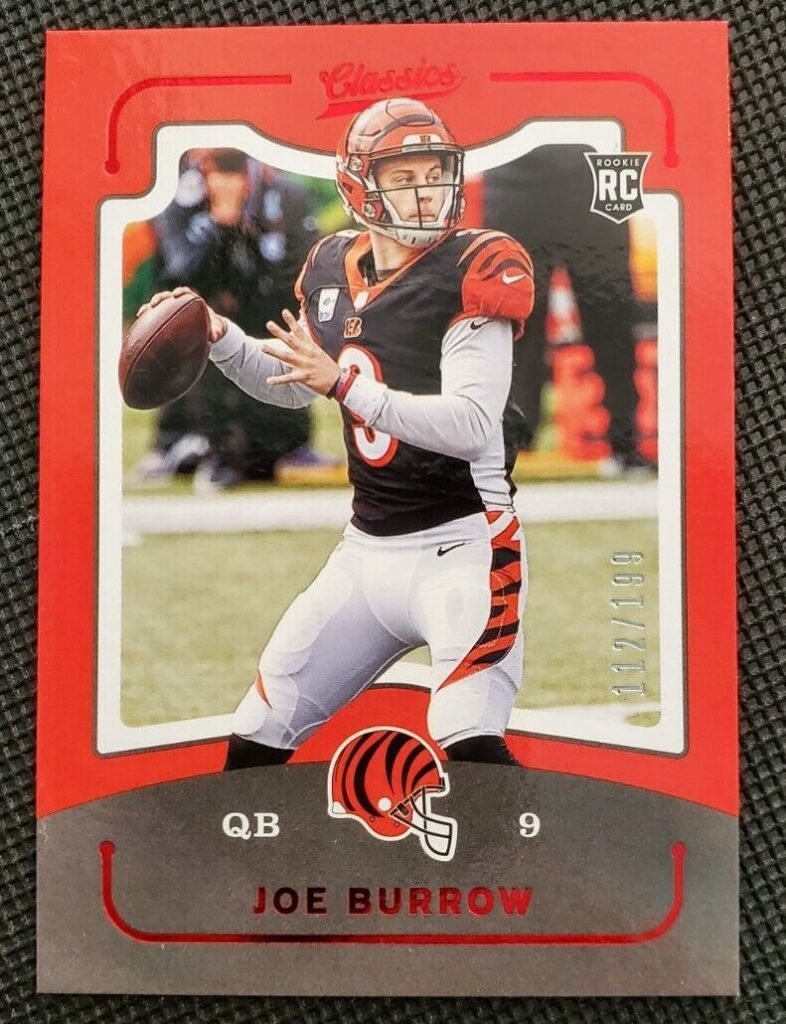
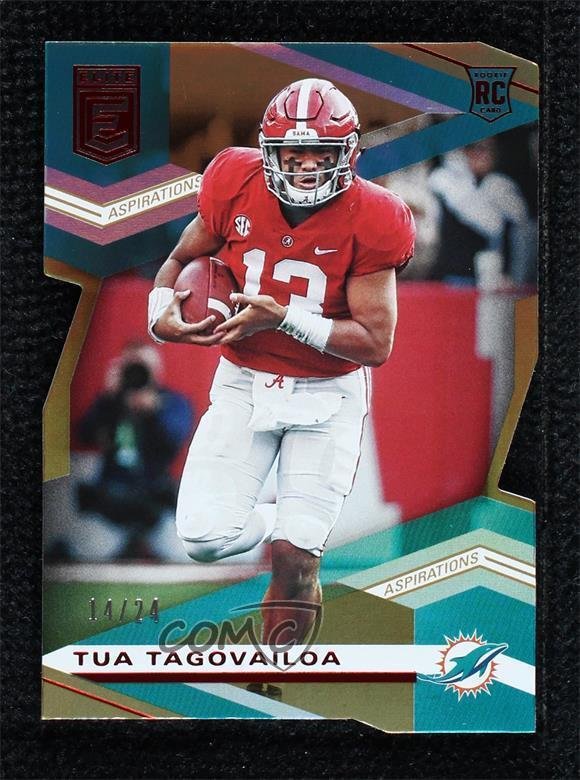
Rookie cards are the first professional cards issued for a specific athlete or entertainer. These cards are highly valued due to their significance as the player’s debut in the professional realm. Collecting rookie cards allows enthusiasts to track the development and achievements of emerging talents.
Game-used memorabilia cards
Game-used memorabilia cards are unique and highly coveted by collectors. These cards contain small pieces of game-worn gear, such as jerseys, bats, balls, or equipment, embedded within the card itself. The inclusion of authentic memorabilia adds a tangible connection to the sports or entertainment event, increasing its desirability.
Autographed cards
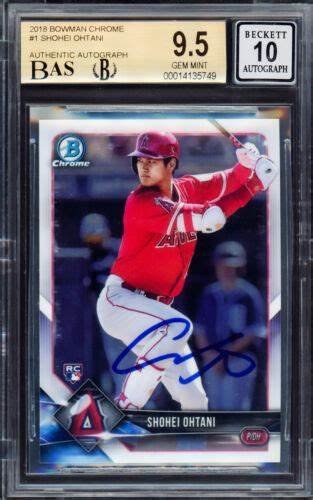

Autographed cards are hand-signed by the featured athlete, entertainer, or personality. These cards carry a higher value due to the intrinsic connection to the signer. Autographs can be acquired either in person or through trusted sources. Collecting autographed cards adds a personal touch to the collection and enhances its overall value.
Promo cards
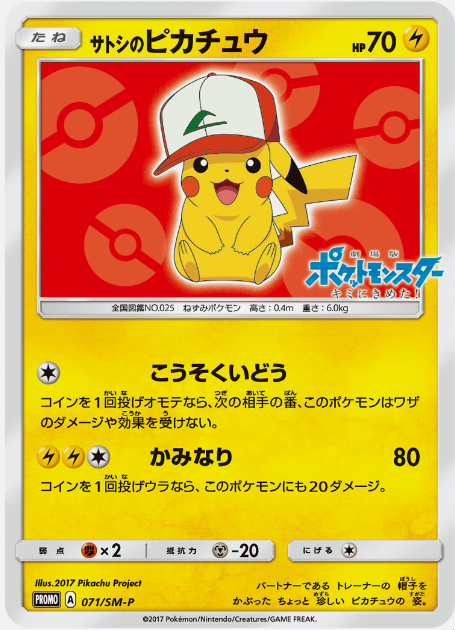
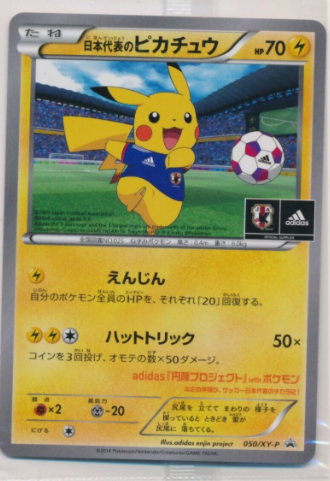
Promo cards, short for promotional cards, are often used to advertise a specific trading card set or event. These cards are usually produced in limited quantities and feature unique designs or content. Promo cards are frequently sought after by collectors due to their exclusivity and association with special promotions or releases.
Non-sports cards
Non-sports cards cover a wide range of themes beyond the realm of sports. These cards can feature characters from movies, TV shows, cartoons, historical events, or even political figures. Collecting non-sports cards allows enthusiasts to explore different interests and expand their collection beyond traditional sports memorabilia.
Vintage cards
Vintage cards refer to cards that were produced many years ago, often considered classics within the card-collecting community. These cards hold historical significance and can offer glimpses into the past, making them highly valued among collectors. Vintage cards may be more challenging to find, but they add a unique and nostalgic touch to any collection.
Limited edition cards
Limited edition cards are produced in restricted quantities, making them more exclusive and desirable among collectors. These cards often feature unique designs, special attributes, or commemorative elements that distinguish them from regular releases. Limited edition cards can be rare and highly sought after, making them valuable additions to any collection.
Insert cards
Insert cards are special cards inserted randomly into packs or boxes of trading cards. These cards often deviate from the base set design and offer additional content, such as special artwork, holographic or foil finishes, serial numbering, or exclusive player subsets. Insert cards provide collectors with an added element of surprise and excitement.
Evaluating Card Memorabilia
Condition and grading
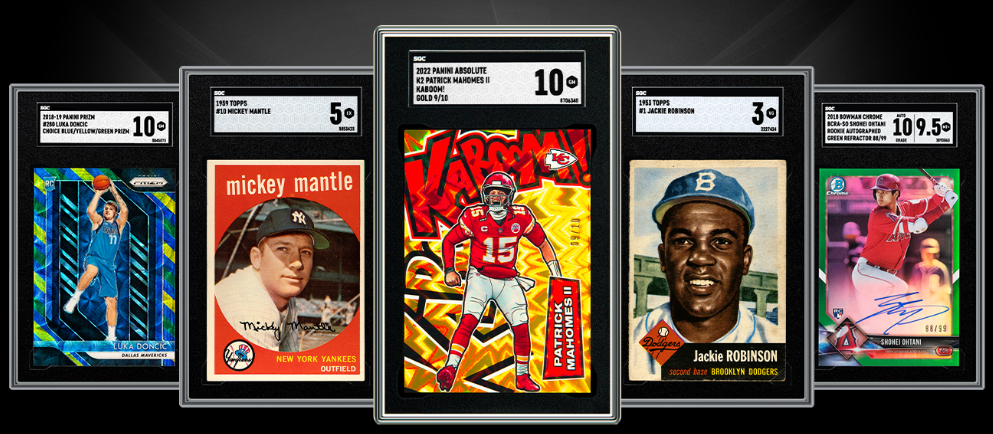
When evaluating card memorabilia, the condition of the card is of utmost importance. The condition refers to factors such as corners, edges, centering, surface quality, and overall preservation. Grading services, such as Professional Sports Authenticator (PSA) or Beckett Grading Services (BGS), provide expert assessments and assign a numeric grade to cards based on their condition. Higher grades usually indicate better preservation and subsequently increase the value of the card.
Authenticity
Ensuring the authenticity of card memorabilia is crucial to avoid counterfeit or fake items. Research reputable sources, sellers, and authentication services to verify the authenticity of a specific card or autograph. Look for markers of authenticity, such as holograms, tamper-proof seals, or official certificates of authenticity (COA) provided by reputable third-party authentication companies.
Value factors
Numerous factors influence the value of card memorabilia. These include the condition and rarity of the card, the popularity and relevance of the featured player or theme, the specific set or release, historical significance, and current market demand. Consider these factors when appraising the value of a card to make informed buying, selling, or trading decisions.
Researching card values
To accurately assess the value of card memorabilia, research is paramount. Utilize resources such as price guides, online marketplaces, auction results, and card-collecting forums to gather information on recent sales and trends. Keeping up with the current market conditions and sales data will help you make informed decisions and avoid overpaying or undervaluing certain items.
Building a Collection
Creating a focus
Creating a focus for your collection allows you to narrow down your interests and establish a clear direction. Whether you choose to collect cards from a specific sport, a particular franchise, or a favorite player, having a focused approach will lead to a more cohesive and meaningful collection.
Completing sets
Collecting complete sets can be a satisfying goal for many card collectors. By acquiring all the cards from a particular set, you create a comprehensive representation of that specific release. Completing sets can be challenging, especially for older or rare cards, but it adds a sense of accomplishment to your collection.
Collecting specific players or teams
Some collectors choose to focus their collection on specific players or teams that hold special significance to them. Whether it’s collecting cards of legendary athletes, rising stars, or a beloved underdog team, creating a player or team-specific collection allows you to showcase your support and admiration.
Identifying rare cards
Identifying rare cards is an exciting aspect of card collecting. Look for cards with limited print runs, unique designs, low serial numbers, or special inserts. Researching specific releases and understanding their rarity will help you identify valuable and sought-after cards to add to your collection.
Tracking and organizing your collection
Keeping track of your collection is essential as it grows over time. Maintain a detailed inventory, either through spreadsheets or online collection management tools. Include relevant information such as card details, condition, value, and acquisition date. Organize your cards by categories, sets, or themes to ensure easy access and enjoyment of your collection.
Displaying and Preserving
Choosing the right protective sleeves
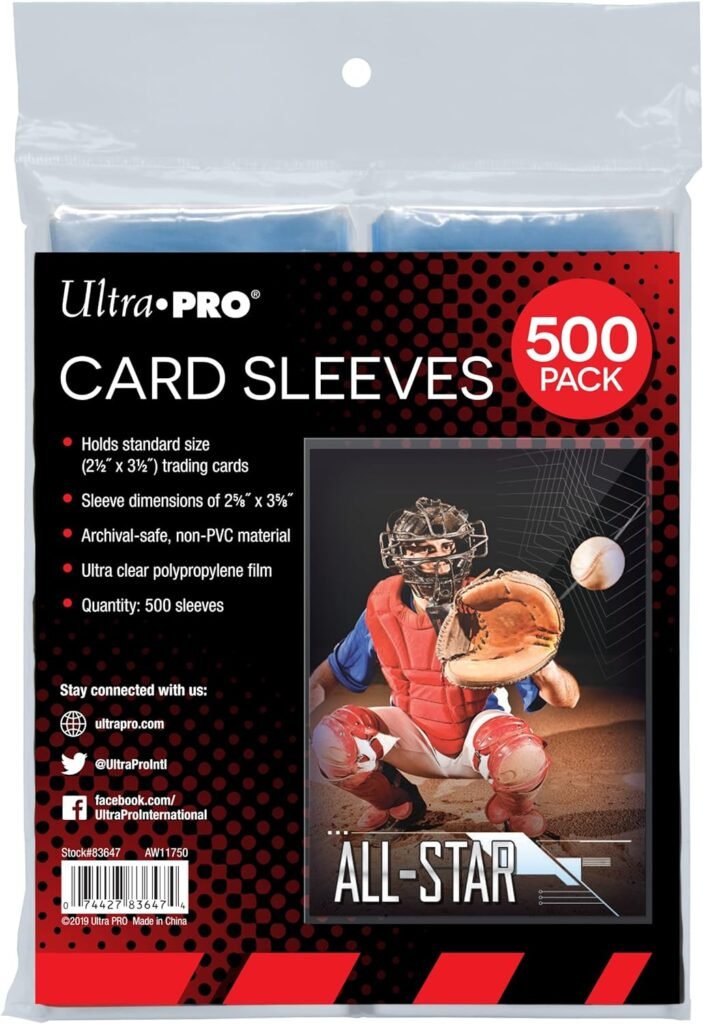
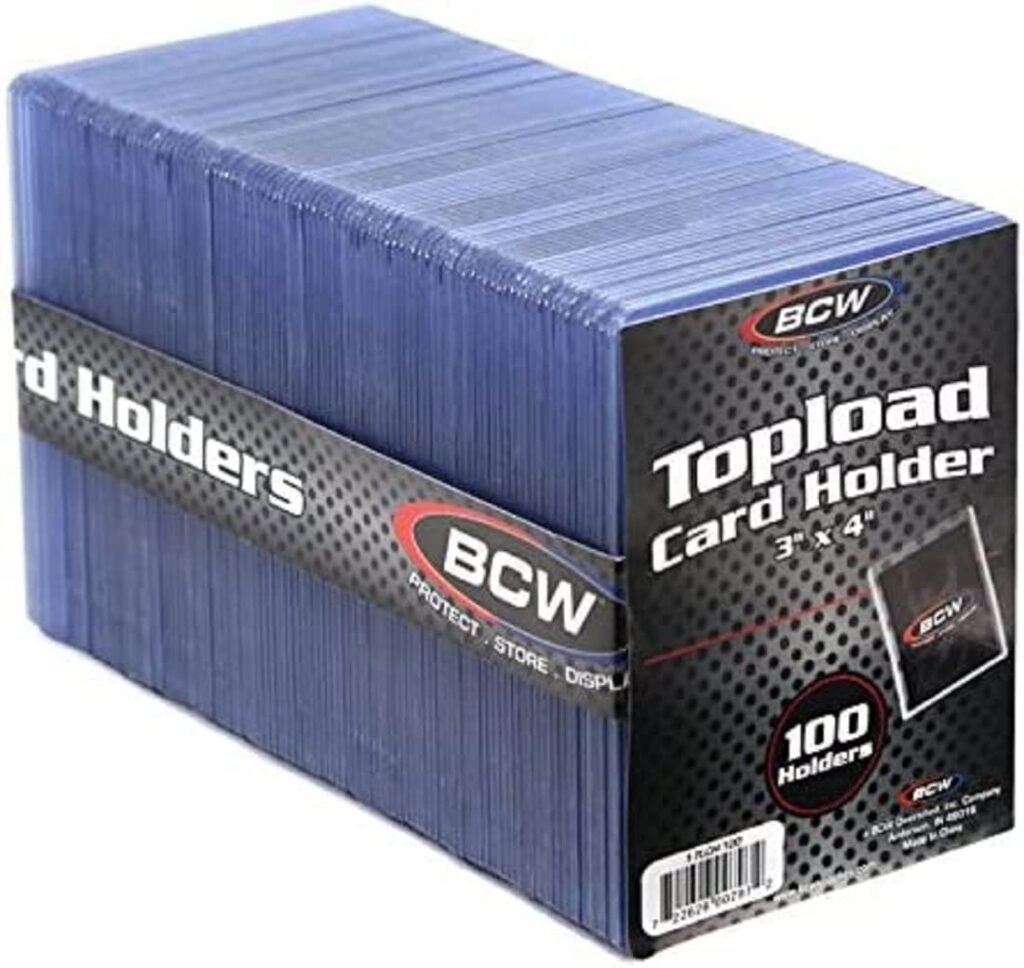
Protective sleeves are an essential component of preserving card memorabilia. Select sleeves made from acid-free materials to prevent potential damage caused by chemicals. Sleeves should have a snug fit to prevent cards from sliding around, but not so tight as to cause bending or warping. If you plan on displaying your cards, opt for sleeves with UV protection to safeguard against fading.
Using cardholders and binders
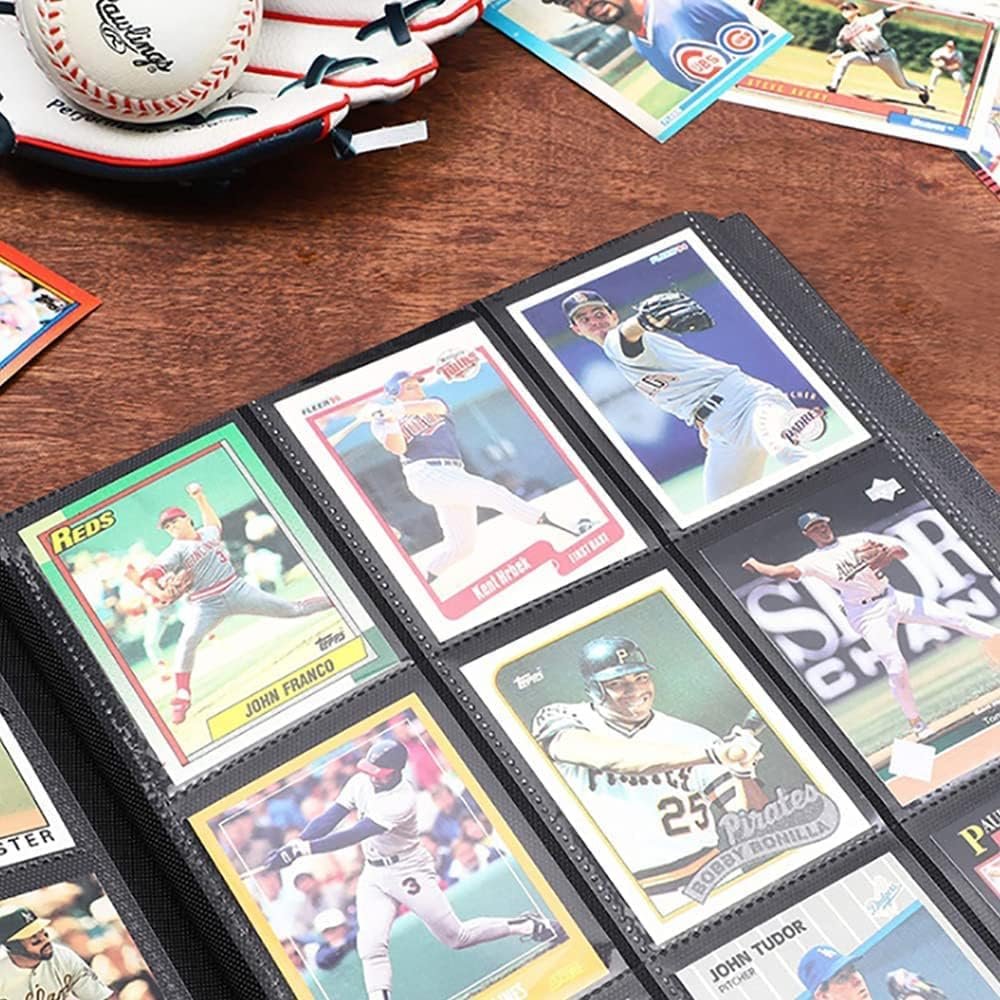
Cardholders and binders are excellent storage options for keeping your cards safe and organized. Consider using top-loading card holders, which allow for easy insertion and removal of cards without risking damage. Binders with acid-free pages and reinforced rings provide a secure and protective environment for your collection.
Displaying cards in cases or frames
For collectors who want to showcase their card memorabilia, display cases or frames offer an elegant solution. Choose display cases specifically designed for card memorabilia, which offer protection from dust, moisture, and physical damage while allowing for easy visibility. Frames provide an attractive way to display single cards or small collections while keeping them securely mounted.
Avoiding common damaging factors
Proper care and precautions can prevent common damaging factors that may affect card memorabilia. Avoid exposing cards to direct sunlight or extreme temperatures, as these can cause fading, warping, or discoloration. Keep cards away from liquids, food, and sharp objects that may stain, scratch, or puncture them. Regularly clean your storage areas to minimize dust accumulation.
Preserving card condition
Preserving the condition of your card memorabilia is crucial for maintaining its value. Handle cards with clean hands or wear gloves to prevent oil, dirt, or moisture transfer. Avoid bending or flexing cards, as this can lead to creases or damage. Store your collection in a cool, dry place with stable humidity levels to prevent mold, mildew, or warping.
Participating in Card Memorabilia Events
Attending trading card conventions
Trading card conventions are a great way to immerse yourself in the card-collecting community. These events bring together collectors, sellers, and enthusiasts from all over. Attendees can browse through a wide variety of card memorabilia, participate in trading, meet players or celebrities, and learn more about the hobby through workshops and panel discussions.
Joining card-collecting communities
Joining online card-collecting communities provides a platform for networking, sharing experiences, and gaining knowledge. Online forums, social media groups, and dedicated card-collecting websites offer opportunities to connect with fellow collectors. These communities are a valuable resource for acquiring information, sharing insights, and potentially trading or buying cards.
Taking part in online auctions
Online auctions offer a convenient way to expand your card memorabilia collection. Participate in reputable auction platforms that specialize in trading cards, ensuring the authenticity and quality of the items being sold. Online auctions can be competitive, so it’s important to set a maximum bid and stick to your budget.
Trading or selling cards with fellow collectors
Trading or selling cards with fellow collectors provides an opportunity to diversify your collection and acquire desirable items. Networking with other collectors, either through conventions, online communities, or local card shops, can lead to mutually beneficial trades or sales. Properly evaluate the value of the cards you wish to exchange to ensure a fair and satisfactory transaction.
Understanding the Market

Current trends in card collecting
Card collecting, like any market, experiences trends that shape the value and popularity of certain items. Stay informed about current trends to make informed decisions regarding your investments. Keep an eye on emerging talents, popular franchises, milestone events, and shifts in collectors’ interests. Monitoring market trends will help you anticipate potential shifts in card values.
Factors influencing card values
Several factors influence card values within the market. The demand for specific cards or themes, the performance of athletes or entertainers, historical significance, scarcity, and the overall condition of the card can all contribute to fluctuations in value. Staying knowledgeable about these factors will enable you to make informed decisions when buying or selling cards.
Limited edition releases and their impact
Limited edition releases can significantly impact the card memorabilia market. These releases often generate excitement and anticipation among collectors due to their exclusivity. Limited print runs, special inserts, and unique designs contribute to higher demand and increased value. Stay up to date with limited edition releases to identify potential investment opportunities.
Avoiding Counterfeit Card Memorabilia
Recognizing common counterfeit signs
Counterfeit card memorabilia is a concern within the collecting community. Educating yourself on the common signs of counterfeiting is essential to protect your investment. Look for inconsistencies in card design, poor print quality, incorrect player details, misspellings, blurry images, or unofficial hologram stickers. If a deal seems too good to be true, it might be a red flag indicating counterfeit items.
Working with reputable authentication services
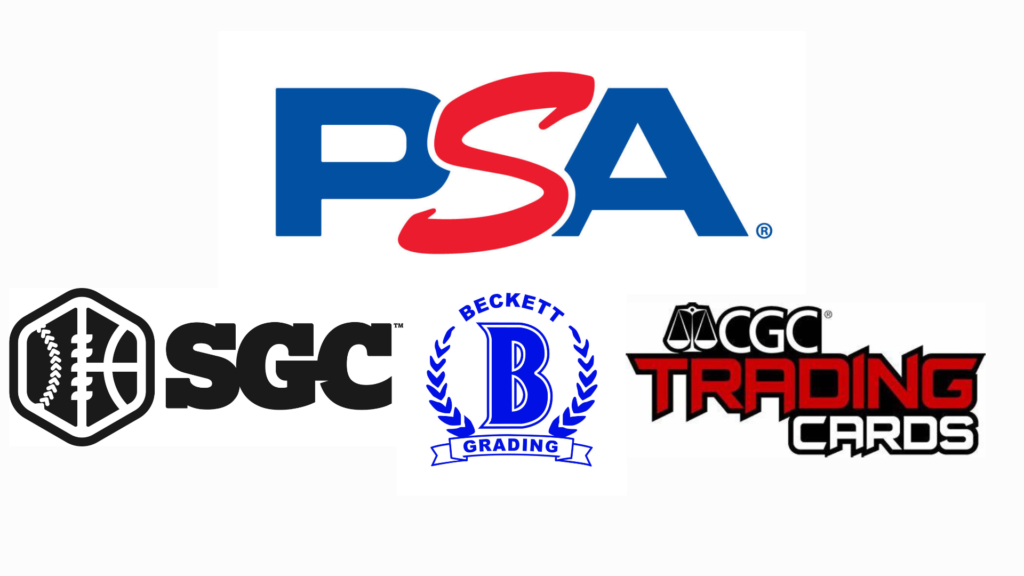
To ensure the authenticity of your card memorabilia, work with reputable authentication services. Third-party companies, such as PSA, BGS, or SGC (Sports Guarantee Company), specialize in verifying autographs, card condition, or the overall authenticity of specific items. Seek out their services to provide peace of mind and guarantee the legitimacy of your collectibles.
Researching card history and production details
Understanding the history and production details of specific cards can assist in identifying counterfeit items. Research official card manufacturers, their printing processes, holograms, and other security measures employed. Familiarize yourself with the characteristics, markings, and packaging associated with genuine releases. Development knowledge will aid in distinguishing authentic cards from fraudulent ones.
Expanding Your Knowledge
Learning about card manufacturing processes
Delve into the world of card manufacturing processes to grasp the nuances of card production. Familiarize yourself with the different printing techniques, types of cardstock, coatings, and finishes utilized. Understanding the manufacturing process will enable you to appreciate the craftsmanship of card memorabilia and make informed decisions when evaluating their quality.
Following industry news and updates
Stay informed about industry news and updates to remain current on market trends, upcoming releases, and changes within the card-collecting community. Subscribe to reputable card-collecting magazines, blogs, and newsletters to receive the latest information. Engaging with fellow collectors and participating in online discussions can also provide valuable insights and news.
Reading card-collecting books and guides
Expand your knowledge and expertise by immersing yourself in card-collecting books and guides. There are numerous publications available that cover various aspects of the hobby, including historical perspectives, card pricing guides, card identification, and collecting strategies. Reading books or guides authored by experts in the field will deepen your understanding and enhance your appreciation for card memorabilia.
By following this comprehensive guide to collecting card memorabilia, you will be well-equipped to start and nurture your own collection. Remember to start with a clear focus, set a budget, and find reputable sellers to ensure the authenticity and value of your card memorabilia. Preserve and display your collection with care, and stay informed about market trends and industry news. With dedication and passion, card collecting can provide both personal enjoyment and potential long-term value. Happy collecting!

Hi there! I’m Felix Gonzalez and I am the owner of Card Collecting Insider, and I’m thrilled to welcome you to my site! With our tagline “Uncover the Art of Collecting, One Card at a Time,” I’m here to provide you with expert insights, valuable resources, and the latest trends in the world of card collecting. Whether you’re a seasoned collector or just starting out, I’m dedicated to helping you discover hidden gems and sharing insider tips to elevate your collection. So join me on this exciting journey, as I dive deep into the captivating realm of card collecting. Let’s unlock the true beauty of these collectible treasures together!
